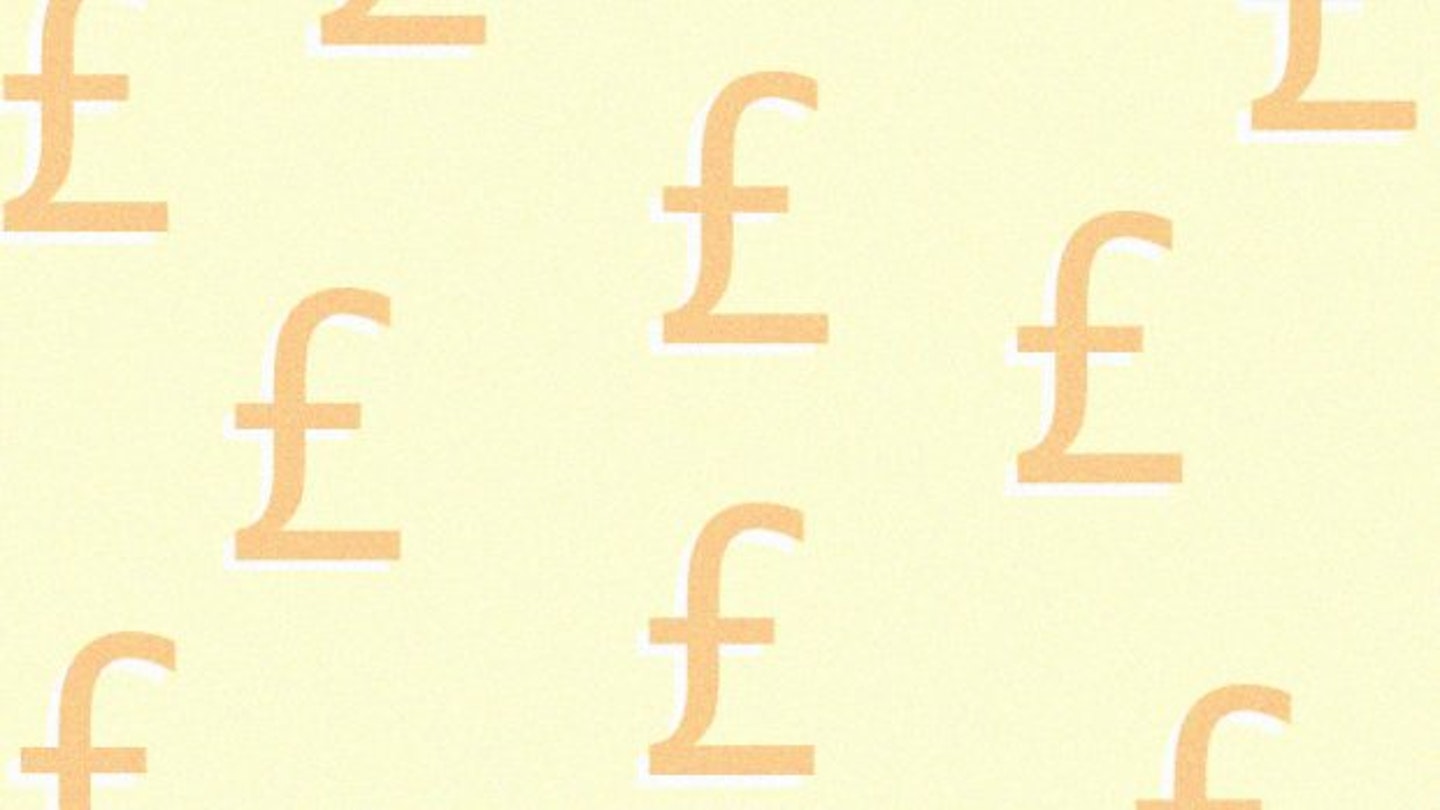Ah, overdrafts. The safety net of your early adult financial life. The terrifying safety net which soon appears to be full of huge gaping holes that, if you fall down one, will plummet you deeper and deeper into a monetary hell that feels impossible to get out of. We’ve all been there. In fact, many of us still are there. But the thing is (doing my best not to sound like a self-righteous chat show host here, guys) it’s actually all going to be okay. Having an overdraft is more than okay, in fact. So long as you’ve got a handle on it.
The fact that so many of us are relying on overdrafts to get by is in no way a surprise, and nothing to be embarrassed about, of course. I’m sure we’re all sick to death of the reminder that reminding that the cost of living is so far removed from the rate that wages are stagnating and house prices are spiralling. But that doesn’t make that permanent minus sign at the beginning of your bank balance any less stressful.
So, we’ve done the hard work for you. We’ve picked the brains of money savvy mates and scoured the depths of the Google search results to bring you some legitimately realistic ways to get out of that pesky overdraft.
WATCH: Student Loans Explained
Check The Interest On Your Overdraft
You’d be surprised how many of us in my friendship group couldn’t name the year, let alone the month that the interest on our arranged overdrafts kicked in on our student and graduate bank accounts. Not cool, you guys. It’s always one of the terms and conditions that we’re a little too quick to ignore at initial sign up, but whether you’ve got an arranged or unplanned overdraft situation on the go, make sure you’re fully aware of when your interest free period ends, how much interest is charged and whether it’s charged per transaction or is dependent on the amount of time you spend overdrawn. Knowledge is power and all that.
Decrease Your Overdraft In Increments
The first rule of saving is to do it a little bit at a time. Please don’t expect to suddenly be out of your overdraft in two paychecks time because that’s definitely not going to happen. At least, not without you having to sacrifice pretty much any and all expenditures and being very, very sad. That’s not what we’re going for here.
In the same way that you might do to save for a holiday or big purchase, set aside a fixed amount every month (set up a direct debit so you don’t have to think about it – it takes a matter of minutes to do, honest) and up it into another account. That way you can avoid that weird limbo of accidentally spending money that’s already not really yours but is sat there in your account anyway. Once you’ve saved your first £1000, for example, then you can transfer it back to your account with the overdraft and then have the limit lowered (or even removed!).
Actually Call Your Bank And Talk About Your Overdraft
This is crucial. If you want to get rid of your overdraft then you need to actually get rid of it (when you’ve got the money, of course). There is no reason why you can’t call your bank a couple of days after payday once you’ve done that super sensible thing of budgeting for the month and realising that you’ve got an extra couple of hundred that you can save, and asking to reduce your overdraft limit to a lesser amount. Just make sure to check if there are any charges involved in making the change to your account first.
That way you’ve started to pay some back (which'll make you feel like the most accomplished grown-up person in the world), you can’t accidentally go further into your overdraft and can quite literally only spend what you have.
Transfer The Overdraft Debt To A Credit Card
While probably the least appealing of solutions, transferring the debt to another account might be the key to getting a handle on your finances. But if you’re drowning in interest payments and don’t feel like you’re making any headway, you might want to consider applying for a 0% credit card to give you some more time to pay off the debt. You want to look for one with 0% on money transfers so you can pay your overdraft (and close it!) and then, depending on how long your credit is interest-free, set up monthly repayments to your new credit card.
Like this? You might also be interested in…
Follow Jazmin on Instagram @JazKopotsha
This article originally appeared on The Debrief.
